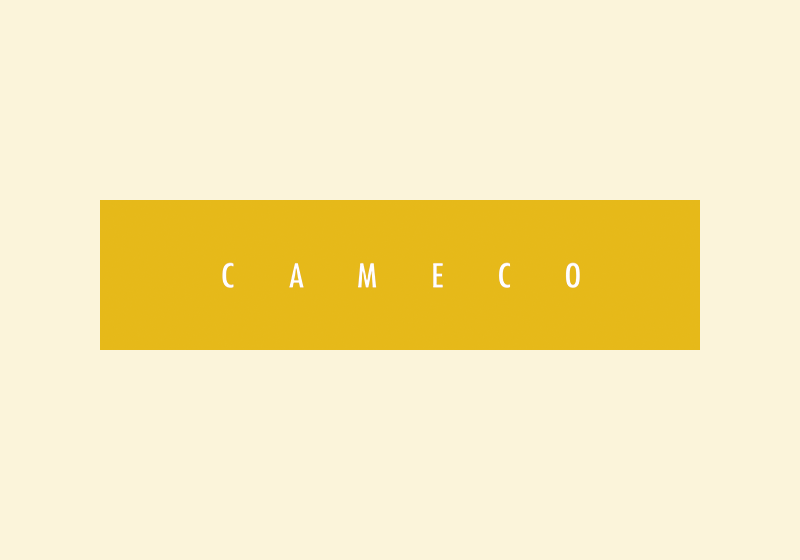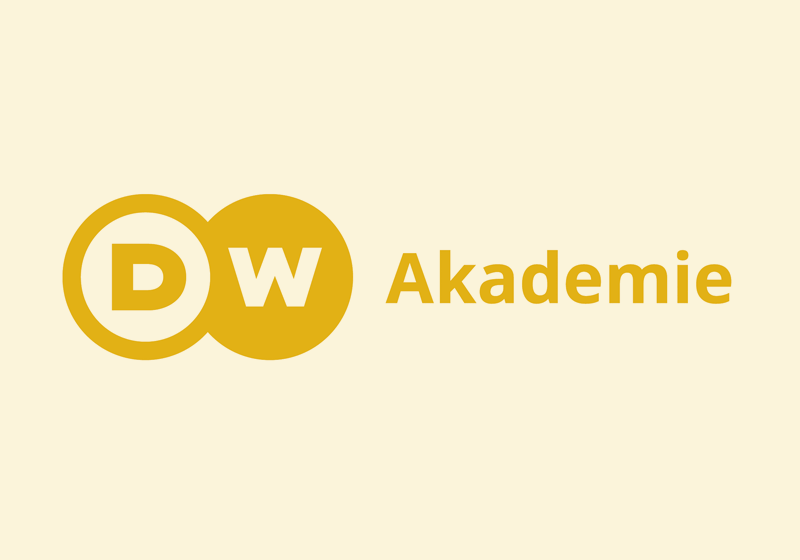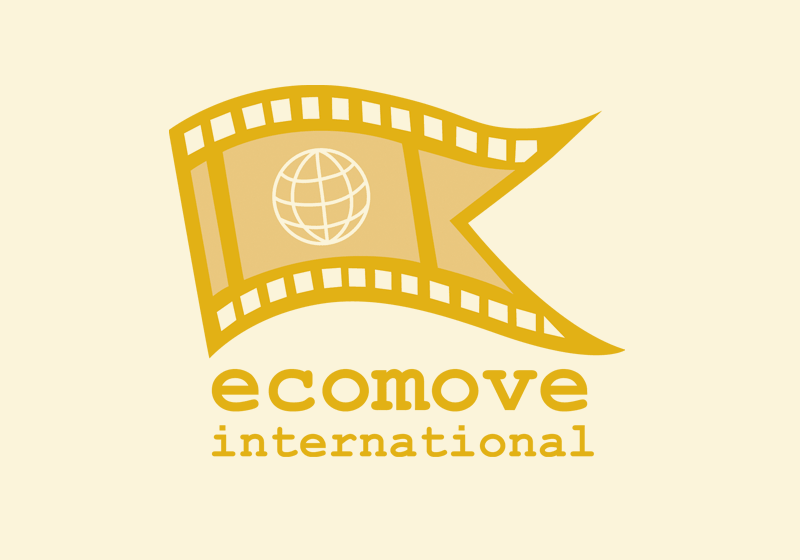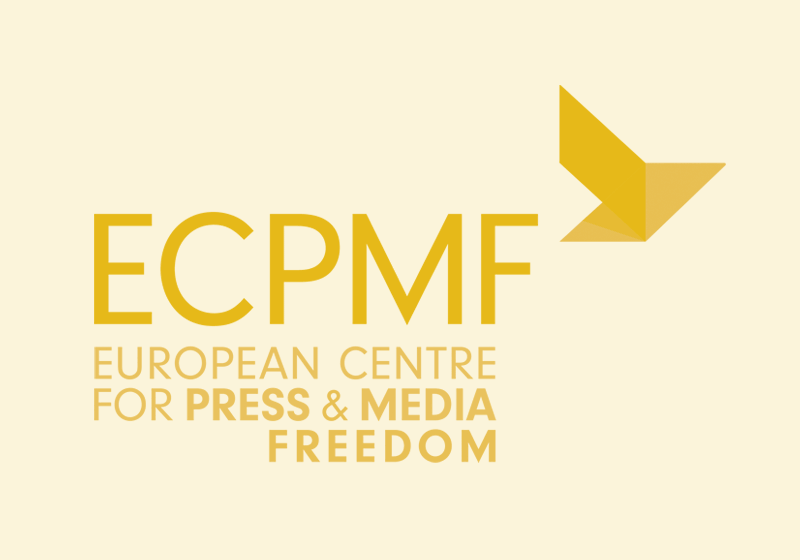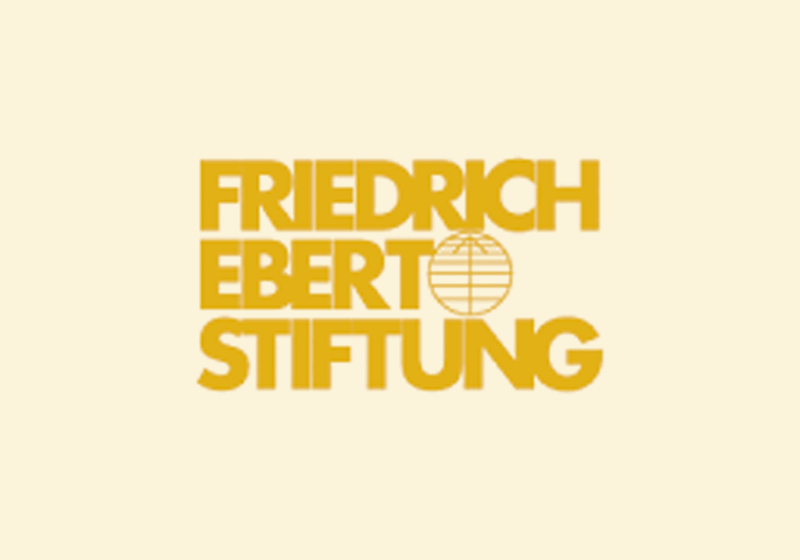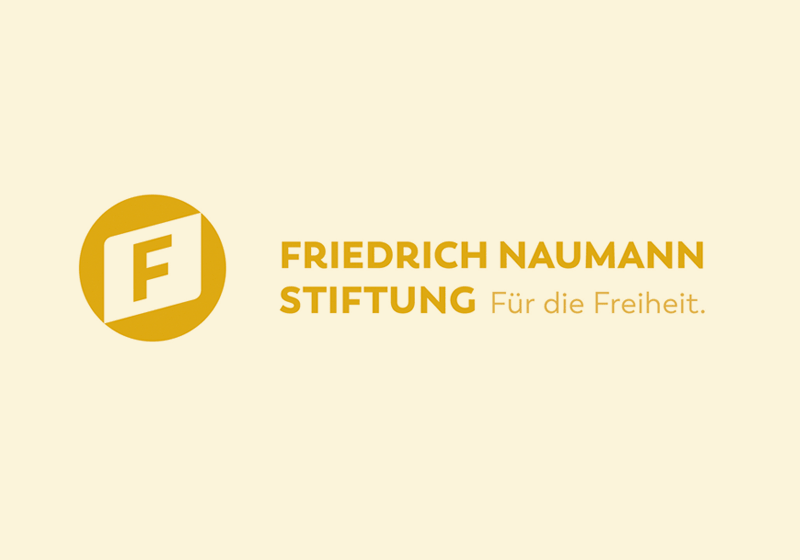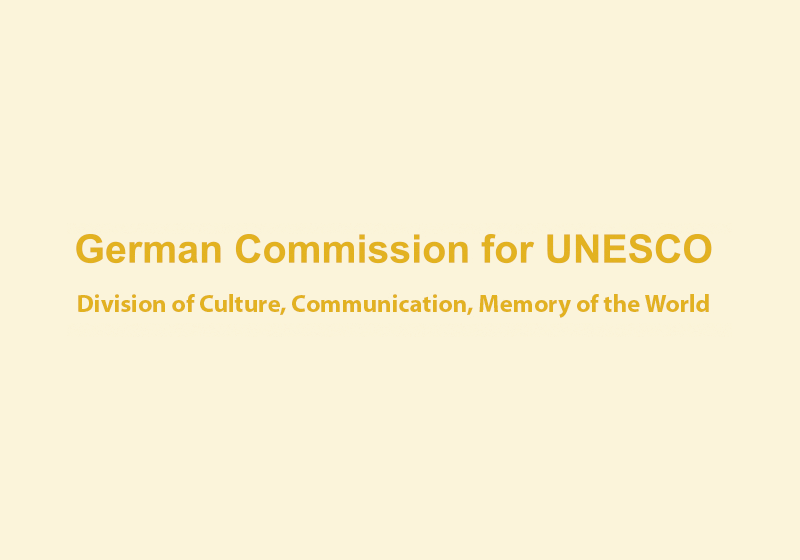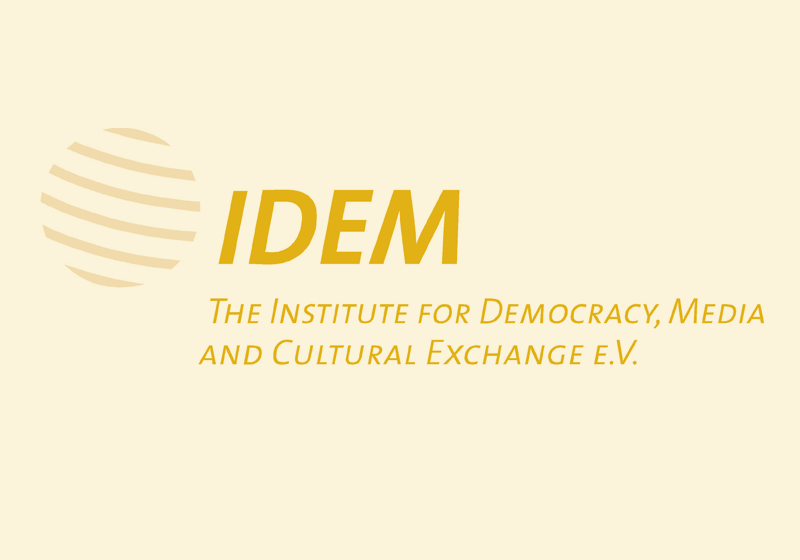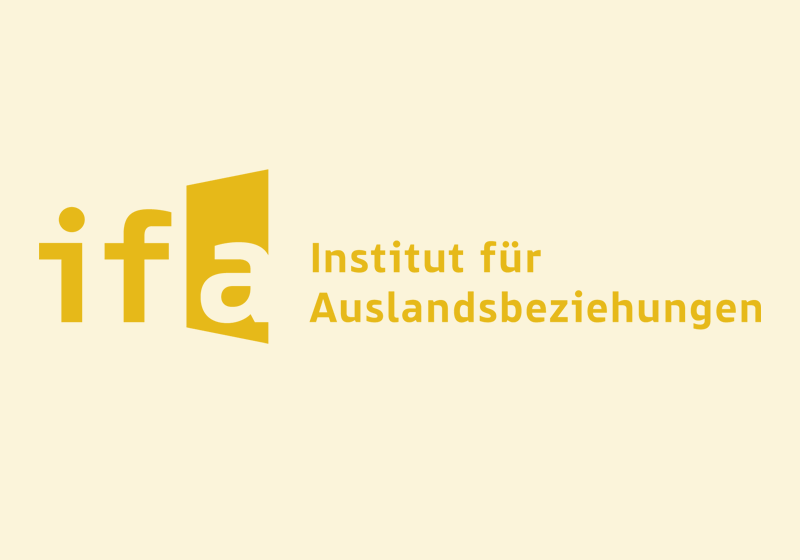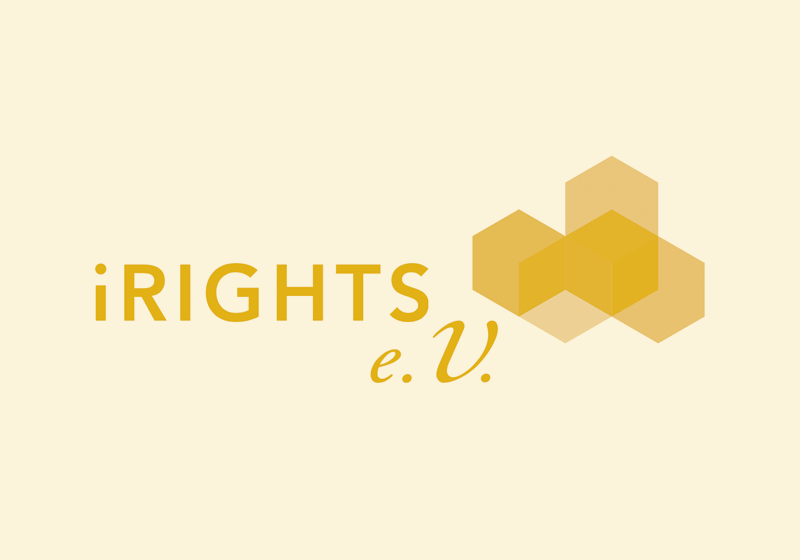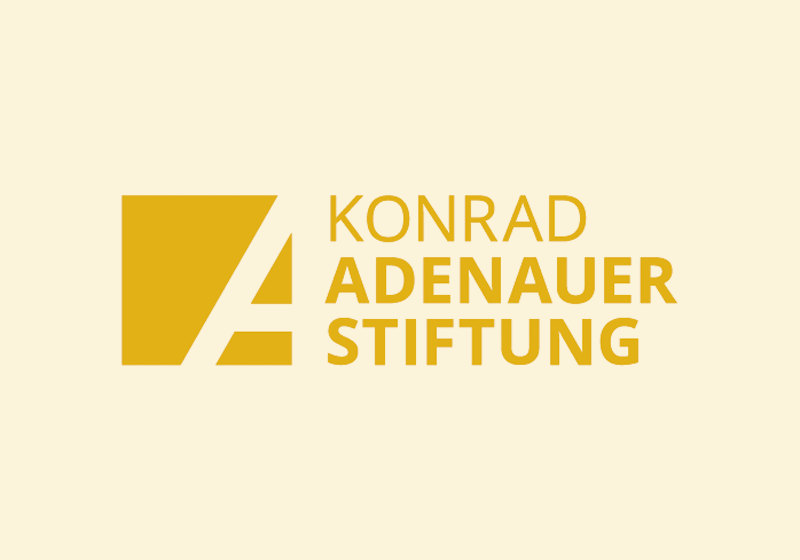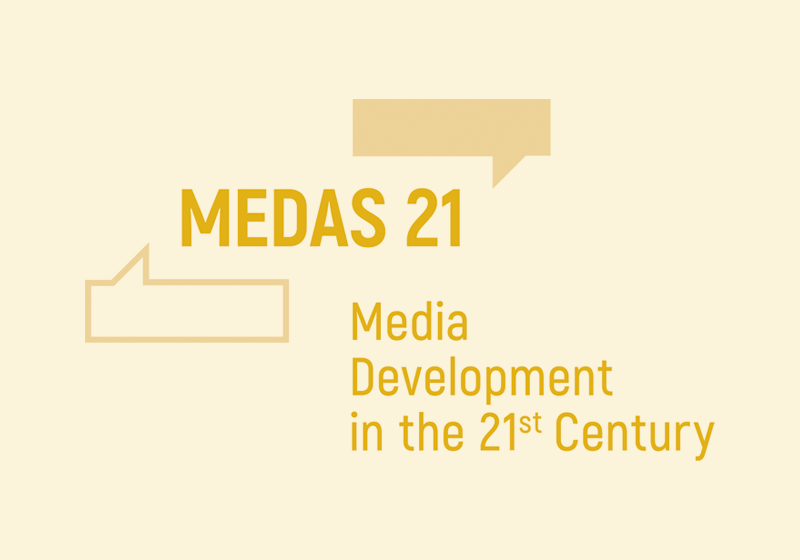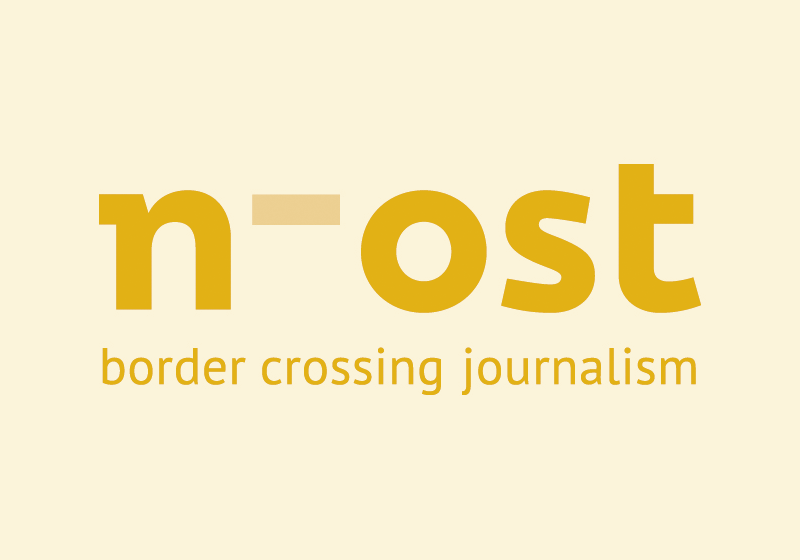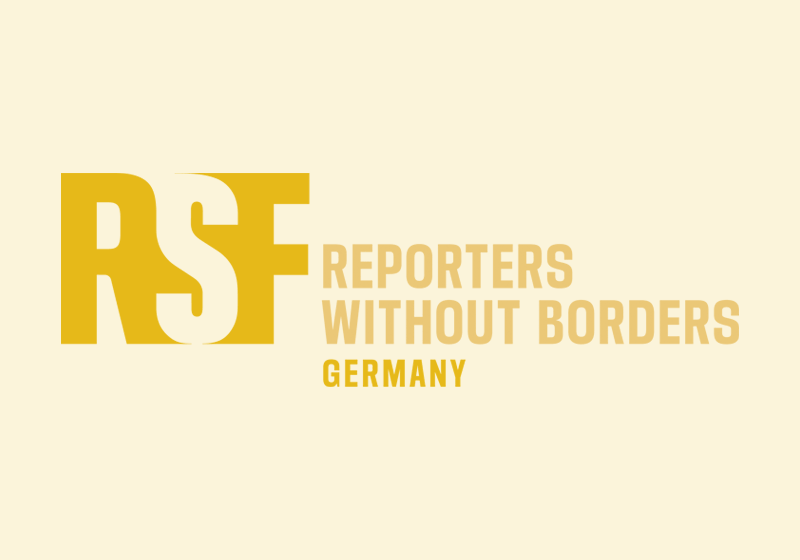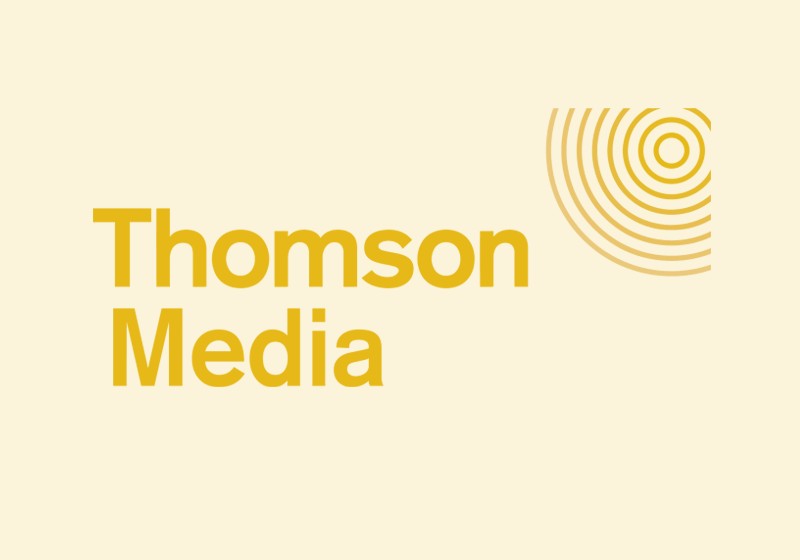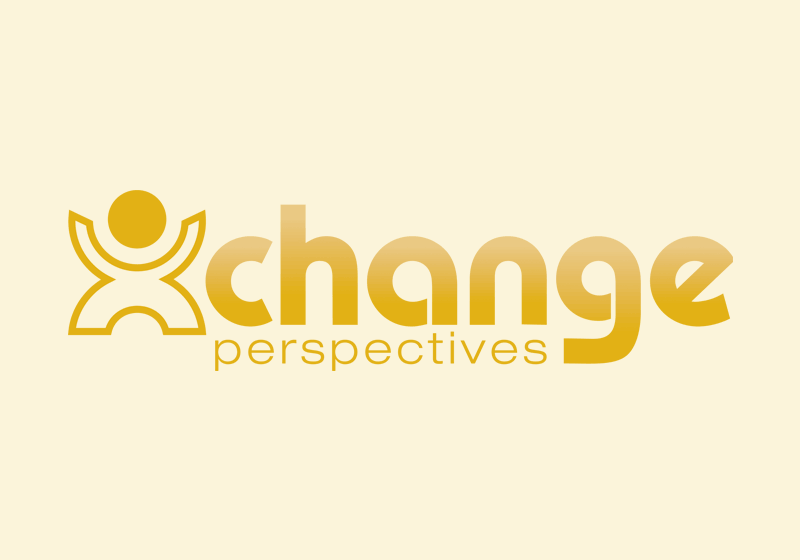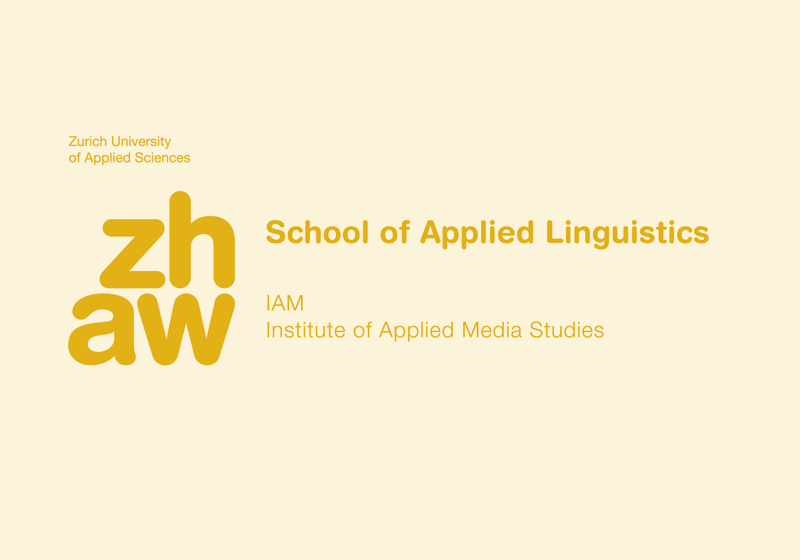Speakers

© Rodrigo Dada
Laura Aguirre is director of the feminist digital media, Alharaca, and fundraising coordinator of Sembramedia. She has a PhD in sociology from the Free University of Berlin. In February 2018, she co-founded Alharaca, focusing on the application of the feminist perspective to journalism. In recent years, she has turned her interest to the topic of sustainability and viability of independent media. In 2017, she won the COLPIN Latin American award for investigative journalism. That same year she won the IDEA award for journalistic innovation with the transmedia project Sexo SinVergüenzas.

© private
Margarita Akhvlediani is Programmes Director at Go Group Media and Editor-in-chief of JAMnews, an independent media outlet widely known as an alternative source of reliable news and analysis produced by editors and journalists based in different parts of the Caucasus region including three conflict zones. Previously, Margarita served as the Caucasus Programme Director at the London-based Institute for War and Peace Reporting (IWPR). For years she has taught conflict reporting, news reporting and media management to local and international students.
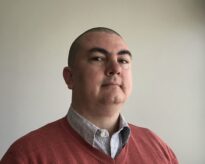
© private
Luis Assardo is a freelance digital security trainer, Open Source Intelligence (OSINT) researcher and data-investigative journalist. Luis founded Confirmado, a Guatemalan project to fight disinformation and is an award winner for his investigations and research about troll factories, disinformation, radicalization, hate speech and influence operations (IO). Based in Berlin he works with Reporters Without Borders (RSF), the Holistic Protection Collective (HPC), and other human rights organizations.
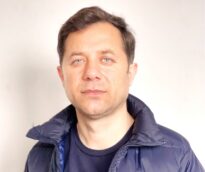
© private
Dr. Hazrat Bahar is a postdoc research fellow at Leipzig University and a board member at AJSO. He obtained a Ph.D. in media and communication and an MA in international relations. Formerly, he was a faculty member in the School of Journalism at Shaikh Zayed University in Afghanistan. He has written about media and its effects in Afghanistan, and some of his works have been published in academic journals and media outlets. His interest includes the impact of social media, media systems, media in Afghanistan, and political communication.

© Nadia Buzhan
Natalia Belikova is the Head of International Cooperation of the Press Club Belarus, an umbrella organization for Belarusian independent media outlets, which works to preserve Belarusian journalism and foster media development in Belarus. Natalia, a trained international lawyer, has over 15 years of progressive professional experience in media development, including within UN and OSCE systems. Her professional interests include strategic communications, counteracting disinformation, media literacy, strategic media development and analysis.

© Jule Halsinger
Janik Besendorf is an IT security expert who has worked in the Digital Security Lab of Reporters Without Border since 2021. There he focuses on forensic investigations of digital attacks on journalists. He is especially experienced with mercenary malware on Android and iOS. He also trains journalists on IT security.
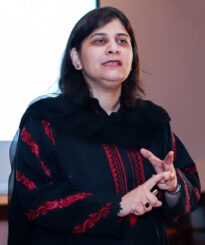
© Saofullah Khoso
Gulmina Bilal Ahmad is a trained psychologist with eighteen years of experience in the development sector. Her work focuses on mental health, communication and capacity building. She is a recognized facilitator as well as a resource person on public policy and communication studies. Gulmina is the Executive Director of Individualland, a Pakistan-based consulting group with a strong advocacy wing and presently, involved in a number of community engagement and outreach programs in Pakistan.
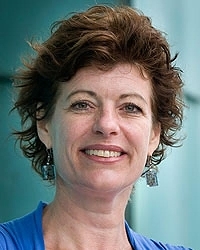
© private
Mirjam de Bruijn is Professor of Contemporary History and Anthropology of Africa at Leiden University. In her research work and teaching she integrates critical thinking with views from Anthropology, History, Digital Humanities, Conflict Studies, Mobility and Media Studies. Her latest research projects are Decoding Digital Media in African Conflicts (2021-2024) and Digital Networks of War in the Sahel (2023-2028). In 2016 she founded the organisation Voice4thought. Mirjam teaches on interdisciplinarity, decoloniality and the use of digital methods in the MA and BA programmes of African Studies.

© private
Erkanda Bujari is a media development professional from Albania. Her experience in media development spans from the business side of media start-ups to protecting freedom of expression and the media in transitional and closed societies, from North America to the Balkans and Central Asia. She has extensive experience in developing new media organizations business models, media self-regulation, media ethics, safety and protection of journalists, and fundraising for nonprofit organizations. Presently, Erkanda works with Council of Europe in Albania in the area of freedom of expression and the media.

© Carles Cardelus
Elisabet Cantenys is the Executive Director at the ACOS Alliance, an unprecedented global coalition of news organizations, freelance journalist associations and press freedom NGOs working together to create a culture of safety across newsrooms and among freelance and local journalists worldwide. As former Head of Programmes at the Rory Peck Trust, she oversaw and implemented more than a dozen safety projects worldwide. Elisabet has worked as a freelance documentary producer, radio journalist and writer in New York, London and Barcelona.
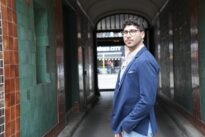
© private
Julio Amílcar Cárcamo Cañas is a freelance journalist from Honduras. He is also a fellow of the International Center for Journalists (ICFJ) in 2021 and the International Women’s Media Foundation (IWMF) in 2022. He works as a Digital Content and Audience Engagement Editor at Reportar Sin Miedo, an independent digital media outlet that covers news about migration, women’s sexual and reproductive rights, and LGBTQ+ issues. He is an advocate of human rights and also a member of the LGBTQ+ community in his home country of Honduras.

© Javaid Montazari
Prof. Shirin Ebadi is an author, lawyer, and was the first female judge in Iran, living in exile in London since 2009. In 2003, she received the Nobel Peace Prize. Shirin was a judge in Iran until 1979, the year of the Islamic Revolution, after which she was not allowed to work as a judge. In 1994, she co-founded the Society for Protecting the Rights of the Child in 1994. In 2002, she co-founded the Defenders of Human Rights Centre (DHRC). After being awarded the Nobel Prize, she co-founded the Nobel Women’s Initiative in 2006.
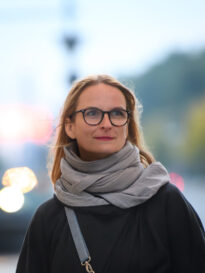
© private
Dipl.-Psych. Friederike Engst is a psychological psychotherapist and a behavioral and communication trainer. She works in a psychosomatic clinic for people with trauma and trauma-related disorders. Friederike is specialized in trauma and intercultural psychotherapy as well as in trauma and mental health in journalism. Since 2018 she is also working with the Dart Centre Europe. In addition, she supports journalists with short-term crisis intervention and counseling in stressful and after potentially traumatizing situations as well as in case of overload and exhaustion.

© private
Antonia Eser-Ruperti is a Junior Professional Officer at UNESCO’s Section for Freedom of Expression and Safety of Journalists, where she focuses on the organization’s projects to support journalists and media resilience in Afghanistan, Ukraine and other crises contexts. Prior to joining UNESCO, she was a Programme Officer for Eastern Europe at the Friedrich-Naumann-Foundation for Freedom, with a focus on civil society projects in Ukraine, Russia, Belarus and Turkey. She holds an MSc in Conflict Studies from the London School of Economics and Political Science and a Bachelor’s degree in Politics, Philosophy and Economics from Lancaster University.

© Elena Gallina
Zainab Farahmand is a freelance journalist from Afghanistan. She studied Persian literature in Kabul University and since 2015 works as a journalist. She has communications and social media job experiences with among others the Candid foundation, IRC and AJSC. Currently, she writes for die Welt, Zenith magazine, Tagesspiegel and Amal-Berlin as a freelancer in Germany.

© Fondation Hirondelle
Martin Faye is Fondation Hirondelle’s Representative a.i in Mali. He has a long and rich experience in radio and media project management in Africa. He joined Fondation Hirondelle in 2007 as Head of Mission in the Central African Republic where he managed and developed the Radio Ndeke Luka project. He then launched and directed Fondation Hirondelle’s project in Conakry, Studio Hirondelle Guinée, before leading Fondation Hirondelle’s project in Mali, Studio Tamani for five years until March 2021. Before joining Fondation Hirondelle, Martin directed Intermedia-Consultants to “promote communication at the grassroots level through community media in Africa”.

© Jule Halsinger
Katja Heinemann has been heading the emergency assistance and fellowship programs at Reporters Without Borders Germany (RSF) since 2021. Before joining RSF, Katja’s work as a NYC- and Berlin-based multimedia journalist and director of community-based media projects focused on social issues such as migration and public health, aging and youth, with the aim of working with impacted communities against discrimination and social exclusion. She draws on these experiences to further develop RSF’s scholarship programs as well as individual emergency assistance, evacuations and humanitarian resettlement of media professionals at risk.
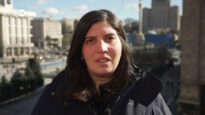
© DW
Aya Ibrahim is Special Correspondent at DW News. This year she has focused on covering Russia’s war on Ukraine, the Turkish elections and Iran’s protest movement. Aya has also reported from the MENA region with assignments in Sudan and Lebanon. In 2021, she developed Flipping the Script, a debate format ahead of Germany’s national election that reversed the roles of candidates and voters. It won gold at the Lovie Awards. In 2022, she was among the “Top 30 bis 30” selected each year by Germany’s Medium Magazin to highlight outstanding journalistic talent under the age of 30.
Carsten Ilius is a lawyer based in Berlin. He is specialized in residence law, criminal law, school law and anti-discrimination law. His work focusses on human rights cases. Carsten represented among others Elif Kubasik, the widow of Mehmet Kubasik, who was murdered in Dortmund on April 4, 2006, in the National Socialist Underground (NSU) trial.

© private
Sofie Jannusch has been the elected coordinator of the Forum Media and Development (fome), a network of 32 media organisations in Germany and Switzerland. Sofie has been involved in media development cooperation both academically and practically since her student days. As a trained journalist, she has been working as a media consultant for the Catholic Media Council (CAMECO) for more than 30 years, providing support to funders and media partners in Asia and Eastern Europe, including responsibility for evaluations, project and strategic planning, organisational development, and project implementation.

© private
Oleg Khomenok is a media trainer and consultant, Senior Media Advisor at Internews Network, member of the Board of Directors of the Global Investigative Journalists Network (GIJN), expert at the International Fact-Checking Network and member of the Commission on Journalistic Ethics. Oleg has over 27 years of experience in journalism, media education, PR and GR, management of investigative journalism and media support projects. He is the author of manuals on investigative journalism, media management, election coverage, economic journalism, and press history.

© private
Matthias Kiesler has been since March 2023 head of the newly created division “International Media Policy, Deutsche Welle, Hannah Arendt Initiative” at the Federal Foreign Office. Having worked in the Foreign Service since 1991, he has been able to cover almost the entire spectrum of foreign policy activities, mostly in countries with particular challenges, such as Pakistan, Yemen, Iraq, South Sudan, Libya, Kosovo, and most recently as Ambassador to Armenia until 2019. Before he was responsible for promoting German as a foreign language at the Federal Foreign Office.
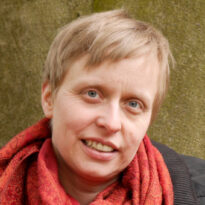
© private
Marianne Koch is a holistic and digital security trainer and coach as part of the Holistic Protection Collective. She accompanies human rights defenders and journalists globally as well as organizations working with them. Having a background as a mediator, she also trains how to facilitate dealing with conflicts in small organizations and diverse teams.

© IWMF
Elisa Lees Muñoz is the Executive Director of the International Women’s Media Foundation (IWMF). She is a relentless advocate for women journalists, striving to prioritize their voices in all press freedom conversations. Elisa’s core belief that progress stands still when gender diverse perspectives are excluded drives the IWMF to respond with immediacy to the issues women and nonbinary journalists face in today’s world, meeting the moment with urgency, reinforcing the IWMF’s commitment to uplifting journalists at all intersections of their identities.
Timo Lüge leads the advocacy and partnership unit at DW Akademie since 2020. Previously, he worked as a journalist in Germany for eight years and as an aid worker in international humanitarian assistance for 12 years, where he focused on improving communications between aid organizations and affected people. Timo has experience working for NGOs, the UN and the Red Cross Movement and has been deployed to emergency response operations in Liberia, the Philippines, Myanmar and Greece. He lives in Berlin.

© Ntokozo. E. Majama
Koliwe Majama is a Senior Program Officer in the fellowships and awards team at the Moz://a Foundation. She is a media, information, communications and technologies professional with over 15 years´ experience working in civil society, lobbying and advocating for media and internet freedom. She holds an MA in public policy and governance. Across the African region and globally, Koliwe has invested in research, built networks and provided thought leadership on myriad internet governance trends including gender and the internet. In her role at Moz://a Foundation, Koliwe works with senior fellows attached to the organization whose independent projects focus on Trustworthy AI and Tech Policy.

© DW
Johannes Metzler leads DW Akademie’s Mexico, Central America, and Caribbean unit. He attended school in both Germany and Brazil, and then studied Latin American literature. With 15 years’ journalism experience, he was a reporter and editor for major German media. He also served as a correspondent for public broadcaster ARD in Mexico City. Currently, he is responsible for developing journalist safety initiatives across DW Akademie.
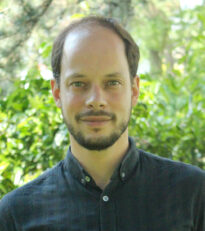
© Fondation Hirondelle
Sacha Meuter has been working over the past 10 years, on media in fragile contexts such as Mali, Niger, Burkina Faso, DRC and CAR. Sacha created and developed Fondation Hirondelle’s research portfolio and academic partnerships that lead to numerous academic publications, research events and policy papers. Those research and policy making outputs relate to the role and impact of media on e.g. countering online and offline disinformation, women and youth empowerment, fostering a culture of dialogue across partisan divides, civic participation and democratic engagement.
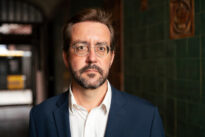
© epd-bild/Laurenz Bostedt
Christian Mihr is a journalist, human rights activist and expert on international media policy. He has been executive director of Reporters Without Borders since 2012. He is particularly interested in Internet surveillance and censorship circumvention, Internet governance, media pluralism in the digital world and intelligence control in the digital age. His regional focuses are Latin America, Eastern Europe and Turkey. Furthermore, Christian has been an expert in several committees of the German Bundestag and a lecturer on journalism and media at various universities.

© OSCE
Attila Mong is a Hungarian-born journalist, radio broadcaster and columnist with more than 20 years of experience in news and investigative reporting. Now based in Berlin, he works as a consultant on digital innovation projects with the DW Akademie and as a freelance journalist reporting for a number of international media organizations. He is also a supervisory board member of atlatszo.hu a crowdfunded investigative journalism platform in Hungary and Europe representative for the Committee to Protect Journalists. Attila authored several investigative books in Hungary and was awarded with the most prestigious journalism prizes in his country.

© DW/P. Böll
Carsten von Nahmen has been DW Akademie’s Managing Director since 2018. He studied Journalism and History in Dortmund, and joined Deutsche Welle in 1992 as a trainee. Afterwards, he worked as a freelance reporter and political correspondent for DW and other media. In 2004, he joined DW Akademie, where he was responsible for media development in various regions before returning to Deutsche Welle as Head of News and Deputy Editor-in-Chief in 2014, and as senior correspondent in Washington in 2017.

© Anton Motev
Dr. Christopher Nehring is fellow of the Media Program Southeast Europe at the Konrad Adenauer Foundation and guest lecturer on Disinformation, Media and Intelligence Services at the Faculty for Journalism and Mass Communication at Sofia University, Bulgaria. He holds a Ph.D. in Intelligence History and Eastern European History from Heidelberg University. Christopher publishes and lectures on the topics of disinformation, intelligence, security and Eastern Europe, among others for media outlets such as Deutsche Welle, NZZ and Der Spiegel.

© DW/P. Böll
Patricia Noboa Armendáriz is an Ecuadorian journalist. She has been advising the development and implementation of projects with local partners in Latin America to strengthen freedom of expression, with a focus on media and information literacy. Understanding the specificities of disinformation in Latin America and ways to rebuild trust in the media is her current focus. She is the acting Program Director Mexico, Guatemala and El Salvador in DW Akademie. As a journalist she has experience in youth media production, television and radio in Ecuador and online in Germany.
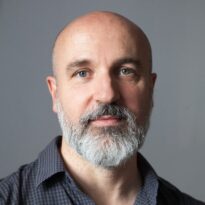
© Olga Berdikyan
Gavin Rees is the Dart Center’s Senior Advisor for Training and Innovation. For many years, Gavin was the director of Dart Centre Europe. Gavin has run workshops and discussion groups on trauma awareness, resilience and interviewing skills for working journalists and documentary filmmakers in more than 25 countries, and has advised leading international news organizations on managing impact from vicarious trauma exposure.
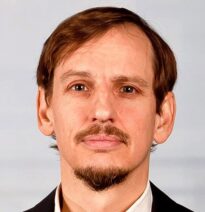
© DW
Dr. Dennis Reineck is Senior Consultant at DW Akademie. His work focuses on research, monitoring and evaluation in media development, with a particular focus in recent years on Media and Information Literacy, media resilience and disinformation. Previously, he worked as a researcher and lecturer in journalism studies at Hamburg University.
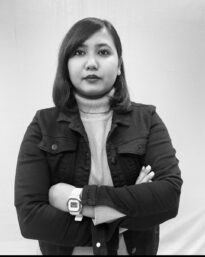
© private
Pari Saikia is an independent human trafficking journalist from New Delhi, India. Pari reports on human trafficking, Rohingya refugees, forced migration, gender, etc. She has reported from various media platforms like BalkanInsight, Vice World News, VICE Italia, The Guardian, The Wire, OZY, Tehelka, etc. She was awarded the Lorenzo Natali Media Prize 2021 (Grand Prize) for her investigation on bride trafficking of Rohingya women. She is a campaigner of #kNOwHumanTrafficking in India and runs a human trafficking channel on YouTube.

© Lawrence Aritao
Ana P. Santos is a journalist reporting on the intersections of female migrant labor, sexuality & sexual health rights, and gender justice. Her writing about culturally taboo topics such as sexual and reproductive health challenge damaging societal expectations about women’s roles and help bridge the gap between vulnerable women in and legislators who draft policies that affect their right to work, to decide about their body and to own their future. Her work has been published in Rappler, The Atlantic, the Los Angeles Times, Al Jazeera and DW Germany. Ana has a postgraduate degree in Gender (Sexuality) from the London School of Economics and Political Science as a Chevening Scholar.

© private
Nils-Alexander Simon is a German Army staff officer. He has been trained as a paratrooper, specialized in combat behind enemy lines and has multiple mission experience. For almost a decade he trained soldiers, NGOs and journalists at the United Nation Training Centre of the German Armed Forces in coping with hostile environments. He holds a M.Sc. in sport science and now works at the Bundeswehr Institute for Preventive Medicine, which conducts research on physical and mental challenges of military service.

© Heinrich Böll Foundation Tbilisi Office
Dr. Sonja Schiffers is the Director of the Heinrich Böll Foundation Tbilisi Office – South Caucasus Region. She is a member of the Advisory Board to the German Government for Civilian Crisis Prevention and Peacebuilding. Previously, she worked at the German Bundestag, was a visiting fellow at the German Institute for International and Security Affairs, and served as president and head of program Gender and International Politics at Polis180. She completed her Ph.D. on Russian and Turkish illiberal influence in Bosnia and Georgia at Freie Universität Berlin.

© private
Mayss Shehawi is a dedicated journalist with Syrian roots and has lived in Germany for eight years. Despite the challenges of living in exile, Mayss has achieved impressive success. Not only has she learned the German language, but she has also successfully completed her traineeship at Norddeutscher Rundfunk (NDR) and acquired the German citizenship. Mayss works for various editorial offices including NDR, funk, Goethe Institut and Deutschlandfunk Kultur. She is particularly characterized by her ability to involve people, to question stereotypes and to highlight protagonists as experts in their own right.

© Gregor Zielke / panphotos.org
Peter Steudtner is a freelance trainer on Holistic Security and Nonviolent Conflict Transformation for Human Rights Activists, Documentary Photographer and Filmmaker. His engagement in holistic security accompaniment is currently part of the Digital Defenders Partnership as a Psychosocial Support Facilitator (The Netherlands) as well as within different training and support programmes of KURVE Wustrow – Center for Training and Networking on Nonviolent Action (Germany), supporting Human Rights activists and organisations globally. He was involved in the #Istanbul10 case in 2017 as one of the falsely and arrested human rights defenders.

© Andreas Lamm
Alina Toropova is a Journalists-in-Residence Programme Manager at the European Centre for Press and Media Freedom (ECPMF) in Leipzig since 2020. She organises relocation of media workers under threat to Germany, supports journalists after their arrival and works closely with other international temporary relocation and protection programmes. She is also a member of the Advisory Board of the Berlin Shelter, which offers temporary relocation for a wide spectrum of human rights defenders at risk.

© Get Mika GmbH
Agnieszka Maria Walorska is a tech entrepreneur, currently dedicating herself as founder and CPO to mika, an AI accounting startup based in Berlin. She is a prominent speaker and writer on issues relating to AI, ethics and human-machine interaction as well as a host of the “Zurück zur Zukunft” podcast, where she explores societal impacts and opportunities of emerging technologies. She is particularly interested in generative AI and its impact on business and society. Throughout her career, Agnieszka has applied her expertise in interdisciplinary fields to startups and corporations alike. She studied social and political sciences at the University of Warsaw and the Humboldt University of Berlin.
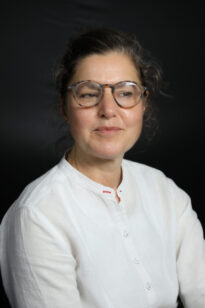
© private
Dr. Anja Wollenberg is co-founder and shareholder of MiCT as well as head of research at MiCT. She holds a PhD in communication and media studies. Her research interest is focused on media pluralism, media structures and the role of media in conflict and conflict prevention. She has published numerous studies on media development in Iraq and in Libya pertaining to conflict issues such as polarization, hate speech and media partisanship in these countries. Anja is also a senior lecturer at the University of Erfurt, department of global communication, on topics related to media development and international media assistance.
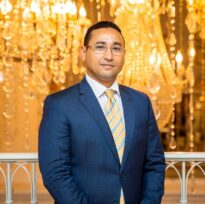
© private
Aymen Zaghdoudi is Access Now’s MENA Senior Policy Counsel based in Tunisia. Prior to joining Access Now, he was a legal adviser at the MENA office of ARTICLE 19 for 5 years where he researched ethics of journalists, the impact of digital development on freedom of expression in the MENA region, and media freedom. Aymen is also a Professor assistant at the Institute of Press and Information Sciences in Tunisia where he teaches Press law and Constitutional law. He graduated from the Faculty of Law and Political Sciences in Sousse (Tunisia) and earned a doctorate degree in public law in 2016.


